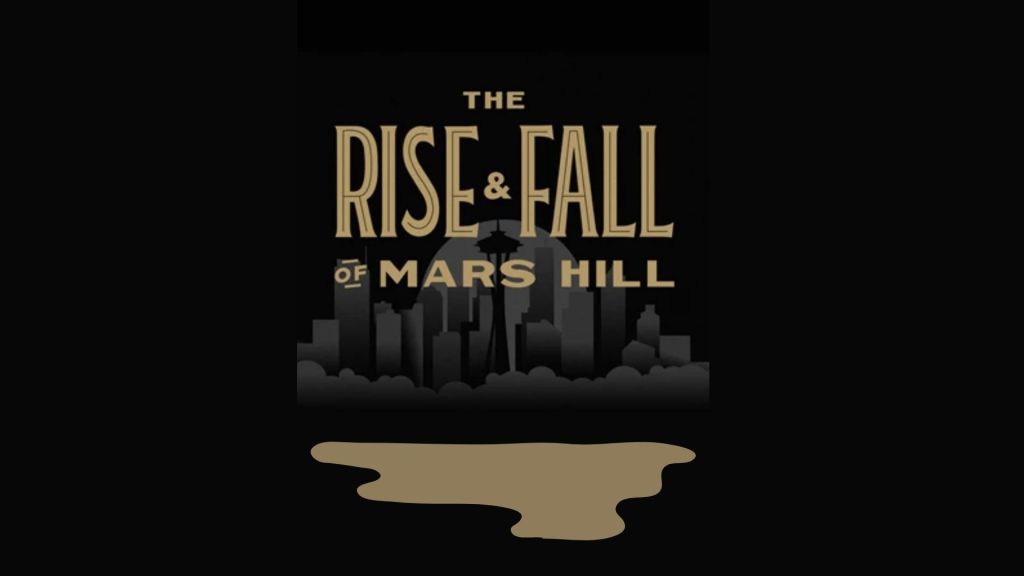|
Every weed has a root. I contend that under every sin is an identity issue. It's a thesis I’ve been working with for awhile. The worst things about us are often an attempt to justify a self made identity. Greed, ego, self-importance, addiction, sexual conquest. These are symptoms of something deeper. There’s always a root under the stem and leaves.
The month of January is named after the Roman god Janus. Janus has one head but two faces, each turned in opposite directions. Janus is the god of doors, gates, and transitions. So January is aptly named, a time to look back and gaze forward.
We all have Janus moments in life where we stand in a doorway between two rooms. We pause at a pivotal moment between two seasons of life. We can’t stay in the doorway. We need to set down our things and settle in a room. But there are times where we feel “in between" two places. A move. A loss. Job transition. Going off to college. A relationship change. A death. Leaving home. Retirement. Illness or injury. Marriage. Children growing up and moving on. The Rise and Fall of Mars Hill is captivating the Christian podcast world. It chronicles the ministry of Pastor Mark Driscoll and Mars Hill Church in Seattle. Mars Hill’s explosive growth sparked one of the largest church planting movements in American history. Driscoll was a voice for a new generation of church leaders at the turn of the millennium.
The podcast uncovers all the issues under the energy of the movement. Money, celebrity, scandal, and power. Driscoll’s stated goal was a church of 50,000 people and a media platform reaching millions. He was (and is) a brash, controversial personality. In 2014 he left the church under a myriad of accusations from abusive behavior to plagiarism. Mars Hill dissolved shortly after. The church is not immunized against the lust for celebrity. We prize the platform. “Build a brand. Get noticed. Reach the masses.” We all want to be admired, to be liked, to be someone. My counselor is “retired.” He is the former director of his counseling agency, but maintains a part time caseload of clients. Last week he told me, “I have never been busier in my whole career. And I’m retired!”
He shared how unique this present moment is. “No one alive has been through this before. In my career I witnessed Vietnam, the Civil Rights movement, 9/11, and the 2008 economic crash. But this is different. I’ve never seen as much anxiety in nearly 50 years of work.” Sometimes ministry is like firing a cannon. You stand at a distance, choose targets, and fire strategic shots. But sometimes, ministry is like a knife fight in a crowd. Things get serious. There is a continuous onslaught of threats and challenges that require physical, emotional, and spiritual energy. It’s hand-to-hand combat.
Are you empty? Good. You are completely normal. The things happening to you should deplete you. The pressure of this moment reveals your natural limits. You are finite. You only have so much to give and then the vessel is empty. No man is God.
But emptiness is not an easy state. It leaves you: In his 1981 book Megatrends, John Naisbitt taught that the more “high tech” a society is, the more “high touch” it must become. 40 years later, this is truer than ever. As I look at ministry in the trenches, I see “high touch” as the most critical ministry skill today.
These days you can’t make plans more than a week out. Ask any educator preparing for the school year. Things change daily, even by the hour. This leaves life feeling chaotic and uncertain.
So how do we go about our work? Is it worth all the effort? Should we make plans, or just throw up our hands? I’ve been dwelling on Psalm 127. “Unless the LORD builds the house, those who build labor in vain. Unless the LORD watches over the city, the watchman stays awake in vain.” (Ps. 127:1) This Psalm re-frames our perspective on work and planning when our work seems in vain. In response to Psalm 127, here are three practices that I think capture its spirit. They put us in the posture of proper work and planning. I wrote this in 2016. These days, every day might be a "tenth day." Maybe you can relate.
"How are things going?" I'm asked. "Every ten days I want to quit." I've given this answer a few times in recent months. Am I really going to turn in my keys? Probably not . . . but maybe. Anything of significance is worth sacrificing for. And anything worth sacrificing for will leave you with a "tenth day." Nine days can be good, even great. But about every tenth we are sobered by harsh reality. Impeachment debate and acquittal.
Coronavirus. Kobe helicopter crash. Super Bowl. Iowa caucus (debacle). State of the Union Address. Grammy awards. These are headlines from the last few days. The volume of significant (and heavy) events invading our head (and heart) space is overwhelming. The news cycle is like a carousel spinning out of control. If our only reading material is the endlessly urgent front page, we are trapped in a myopic moment. I prefer the enduring over the instant. A bit of marinated wisdom instead of a tweet vomited in a moment of impulse. Here's an actionable step. Limit the reading of "headlines," the new, urgent, up-to-the-minute. Make space to read what is "old," tested, and true. There is C.S. Lewis's classic quote on reading old books: |
JOIN My Tribe
|












